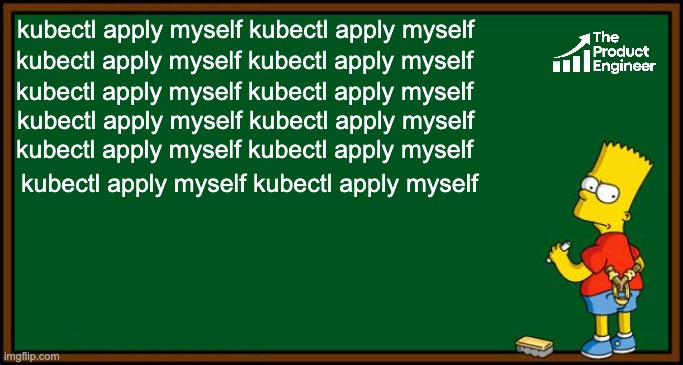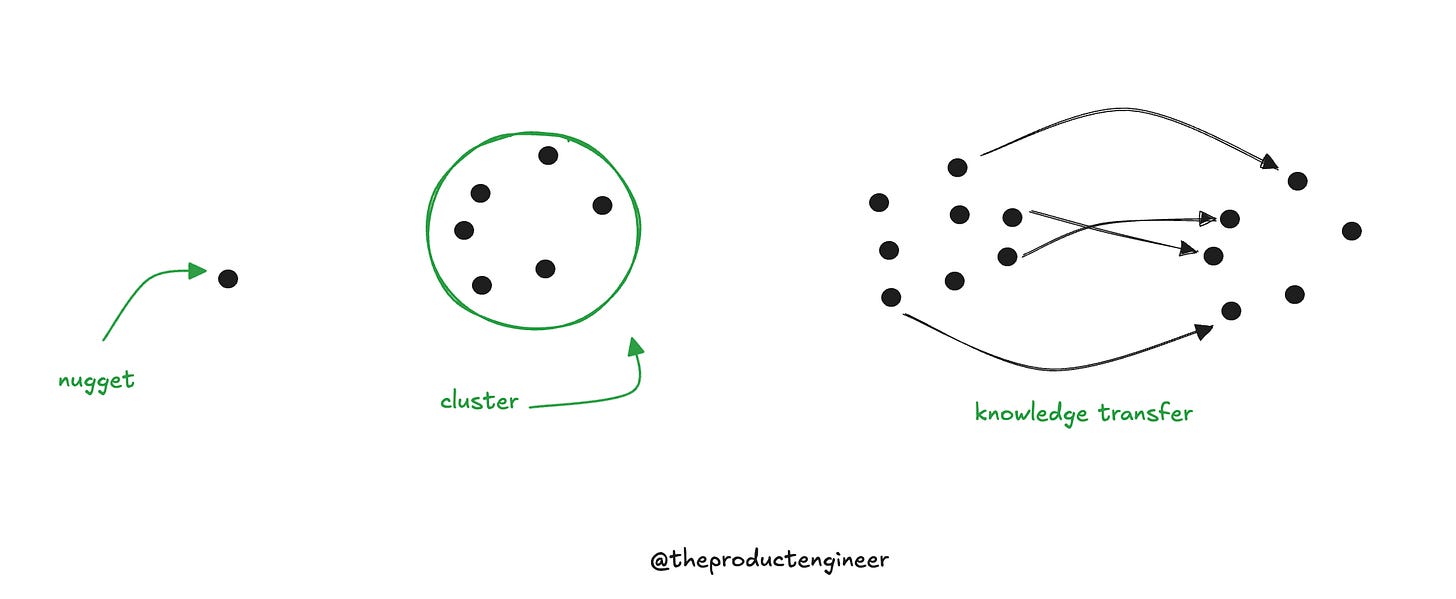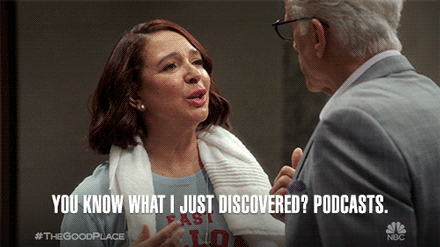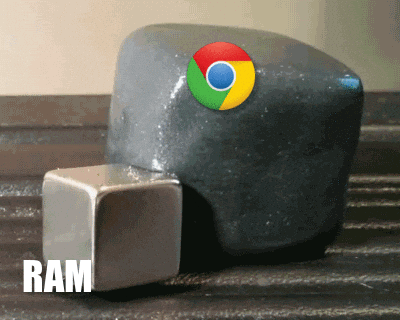Effortless learning 📖🤓
 Jurica Kenda
Jurica Kenda
Continuous learning is one of the key components of being a top-performing software engineer. Anyone deeply invested in their career path and progression will create and evolve different strategies to enable learning. You can’t get around it, so you better find a way to enjoy it.
In this post, I’ll break down what has worked for me to continuously grow my own body of knowledge. To kick things off, take a moment to reflect on the following quote.
In aviation, for example, people who greatly overestimate their level of skill are all dead.
Phillip Greenspun, quoted in Jessica Livingston’s “Founders at Work”
The learning game
Gamifications work, so let’s make learning a game. If we have clear rules and incentives, we reduce the friction between thought and action. Our learning game has a few elements, each one building on top of the previous one. Just like learning - no shit Sherlock!

Of course, we’ll have three rules, because people love triples. The game goes as follows:
Everything you learn is a point on the board, ie. a knowledge nugget
When the nuggets get dense enough, they group intro clusters
Sufficiently large clusters can communicate with each other and transfer knowledge
The game objective is putting as many points on the board as possible and grow the whole body of knowledge.
Yes, yes…your brain hurts just from reading this. I’m sure it’s because you crushed it during the last week at work. It’s totally not because it’s Saturday and all you can think about is brain-rot session involving CoD and Pringles (sour cream & onion). Either way, I’ve got you covered with game cheat codes.

Exposure learning
What do you call a session of reading stuff, sort of understanding what you’ve just read, but not quite? Well, you’ve guessed it - exposure learning. This is definitely not an actual term for it, so don’t quote me on this.
The main idea behind this strategy is to expose yourself to a lot of information. That’s it, simply expose yourself. Put those points on the board, bit by bit. The clusters of knowledge will eventually emerge. I love this approach because relieves me of any expectations and pressures, which is the best way to learn - casual and enjoyable.
The other reason I love it is because you can get exposed through many different mediums - podcasts, blogs, books, videos, conferences…whatever floats your boat. Personally, I like to use different mediums for different occasions.
Driving somewhere/cooking/cleaning? Podcasts.
Sunday morning? Blogs.
Long day, but I have some energy to learn something? Videos.
Extra $3k in the bank? Conferences.

Build a library
Do you ever come across something interesting, but right now is not a great time to dive deeper into it? Start building up your own library of options.
There are two motivations at play here. One is that we’re interested in something, but unable to invest time into it immediately - so let’s stash it for later. The other is allowing ourselves options when the time is right. We prepare for those bursts of curiosity, motivation and free time, by having something to pick up readily available at all times.
This has worked beautifully in my personal experience, for many years now. I have invested into further categorising the resources I stash for later, so there’s even less friction when the time is right. A well-organised bookmark collection will likely be just fine, there’s no need to get fancy about it.

Dive deeper
Almost had you in the first half, didn’t I? Casual, shallow understanding of topics will only get you so far. At a certain moment, you’ll need to dive deeper and turn to those more energy expensive and formal methods such as reading books, official documentation and getting hands-on.
But picture this…you only dive deeper into the things you’re actually interested in. Unless you’re required to do so, why would you spend your time on the things you don’t enjoy? It feels like many people in the industry now are just trend hopping and investing their time into technologies and problems they are not inherently interested in. Don’t be one of them - keep it fun.
Diving deeper means putting more points on the board and/or making them more dense; growing the clusters. Eventually, these clusters start communicating and the knowledge expands and transfers. The ultimate form of these transfers is when you start seeing software constructs in non-software situations. Learning more about the situation, helps you in software. Learning more about the software, helps in the situations.

Wrap up
That’s all folks! Once again, I thank all 7 of you (ceil) for reading my rants and ramblings. It feels good to know someone’s on the other side of those pixels.
Subscribe to my newsletter
Read articles from Jurica Kenda directly inside your inbox. Subscribe to the newsletter, and don't miss out.
Written by
